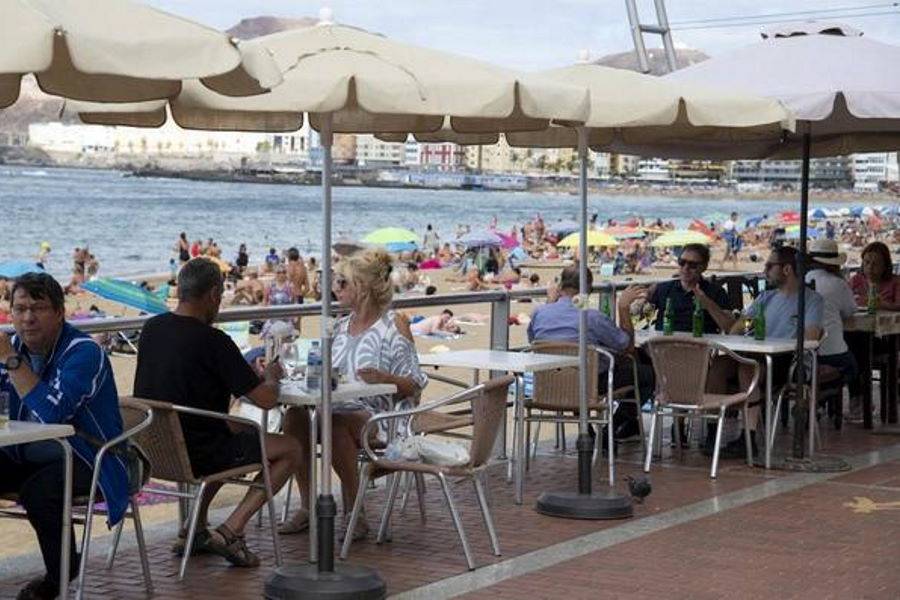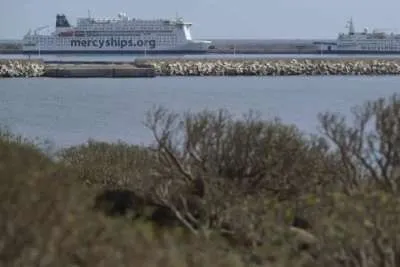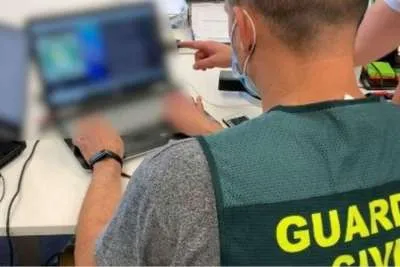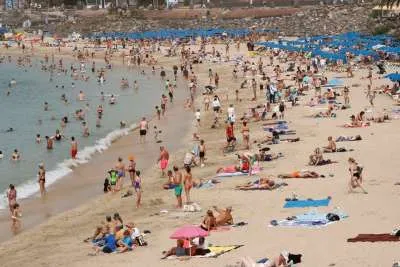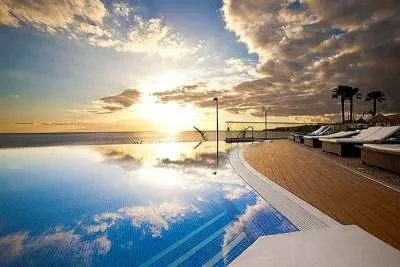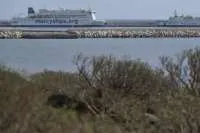The Government continues de-escalation of restrictions in the Canary Islands
- 11-02-2022
- National
- Canarian Weekly
On the day that the UK travel restrictions are relaxed, with no tests now required for vaccinated travellers entering England, and the day after masks outdoors are scrapped in Spain, the Canary Islands have begun the de-escalation of restrictions in anticipation of a change to entry regulations for non-vaccinated travellers from the UK by the Spanish Government.
The pandemic hasn’t suddenly disappeared in the Canaries, nor has hospital pressure suddenly stopped, and the economy continues to suffer from the effects of restrictions, which is why the authorities keep reminding us that Covid must continue to be kept in mind, and we must all cocntiue to protect ourselves from it.
However, this is not an obstacle the Canary Islands Government now sees as an obstacle to keeping the approved restrictions in force when the sixth wave, and the omicron variant, triggered a huge increase in the incidence of the virus in the Archipelago, since the current evolution is clearly downwards.
This de-escalation was given a huge boost yesterday when the Government announced changes at every alert level that will hugely benefit any business or activity that has had restrictions on capacity, group sizes, or closing times during the pandemic, such as bars, restaurants, hotels, gyms, sports facilities, theatres, stadiums, and much more.
Starting today the limitations in this area are now adopted from the level below, so simply put, for those activities it doesn’t matter that Tenerife and Gran Canaria stay at Level 4 or that Lanzarote and Fuerteventura stay at Level 3, because now the measures for Level 3 will now be applied to the two capital islands, while the others can adopt the measures from Level 2.
Although many people are confused by this, and have expressed it online, these areas have been highlighted as they represent a ‘low risk’ of transmission and still have regulations in place to avoid the spread of the virus, e.g tables spaced, masks indoors when walking around, masks at theatres etc.
Also there is an upside. If the islands do get dropped an alert level next week, it will have been the equivalent of dropping two levels in 7 days for many businesses and activities, something that will be extremely beneficial for them and visitors to the islands.
What has influenced the decision?
The Public Health Committee have explained, that when making these decisions they analyse data for the islands, but also take into account what is happening in other locations.
One fact regarding this is the effect of the Omicron variant. Before Omicron it took a year of the pandemic to reach the first 100 million infections globally, but it only took three weeks between the 6th and 25th of January to go from 300 to 400 million cases.
This is one of the reasons that the World Health Organization (WHO) plans to stop considering it as a pandemic in Europe, and to refer to it as an endemic instead, because a disease is considered epidemic when it experiences an increase in cases at a certain time, and then decreases again, as happens every year with the flu.
Other articles that may interest you...
Trending
Most Read Articles
Featured Videos
TributoFest: Michael Buble promo 14.02.2026
- 30-01-2026
TEAs 2025 Highlights
- 17-11-2025


